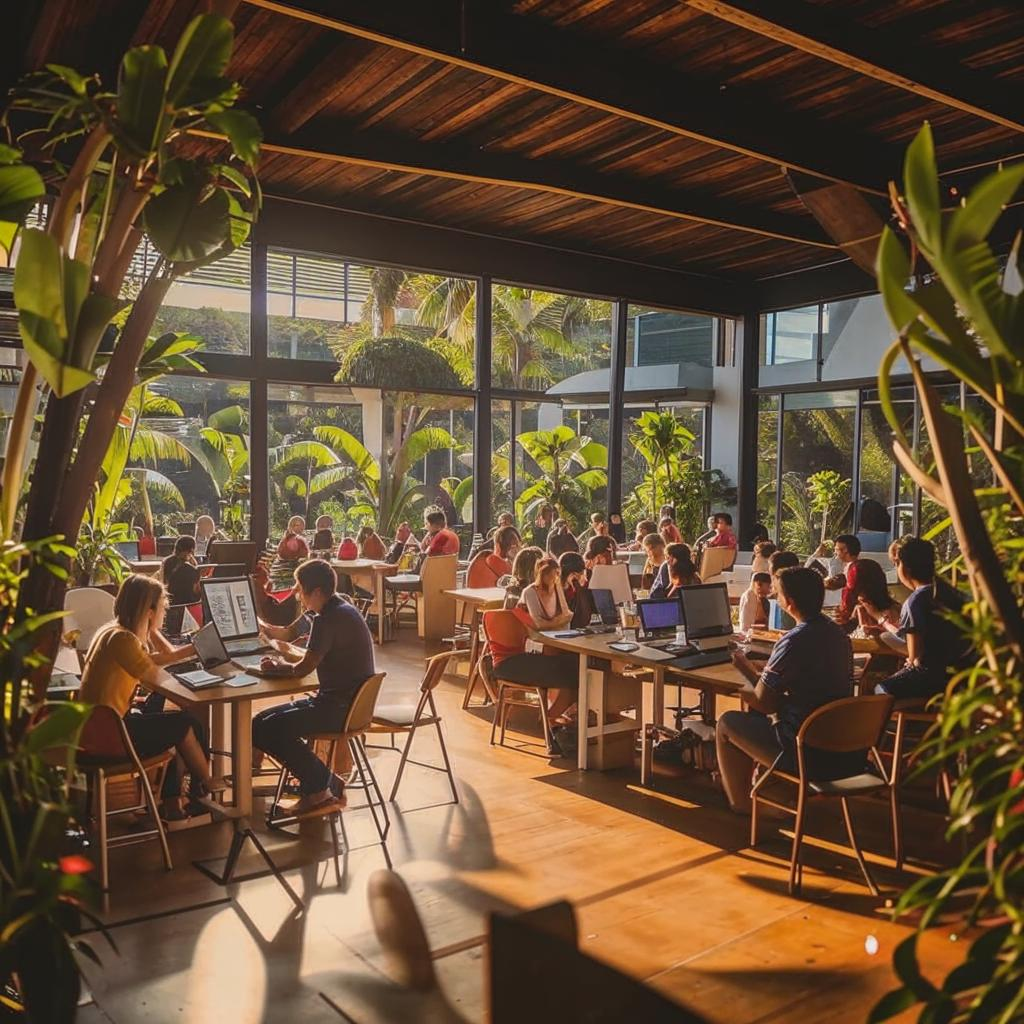The digital nomad movement, initially characterized by solitary freelancers in far-flung locations, is undergoing a transformation. Today’s digital nomads increasingly prioritize community and connection, actively seeking out co-living arrangements, shared workspaces, and organized group travel opportunities. This shift is largely fueled by a desire to overcome the isolation often associated with remote work, facilitate the sharing of resources and experiences, and cultivate robust professional networks. Experts suggest that the COVID-19 pandemic accelerated this trend, as many remote workers became acutely aware of the essential role of social interaction in their lives.
Destinations worldwide are adapting to cater to these community-oriented nomads, offering shared accommodation options, social events designed to foster connections, and collaborative projects that allow nomads to pool their skills and expertise. The emergence of “nomad villages” and curated travel groups specifically designed for digital nomads reflects the growing demand for connection and belonging in a world increasingly defined by location independence. This is not merely a lifestyle choice, but also a significant economic driver for regions that successfully attract and retain these connected nomads. This new direction prioritizes the need for social connections and support systems to thrive while working remotely. Finishtit












